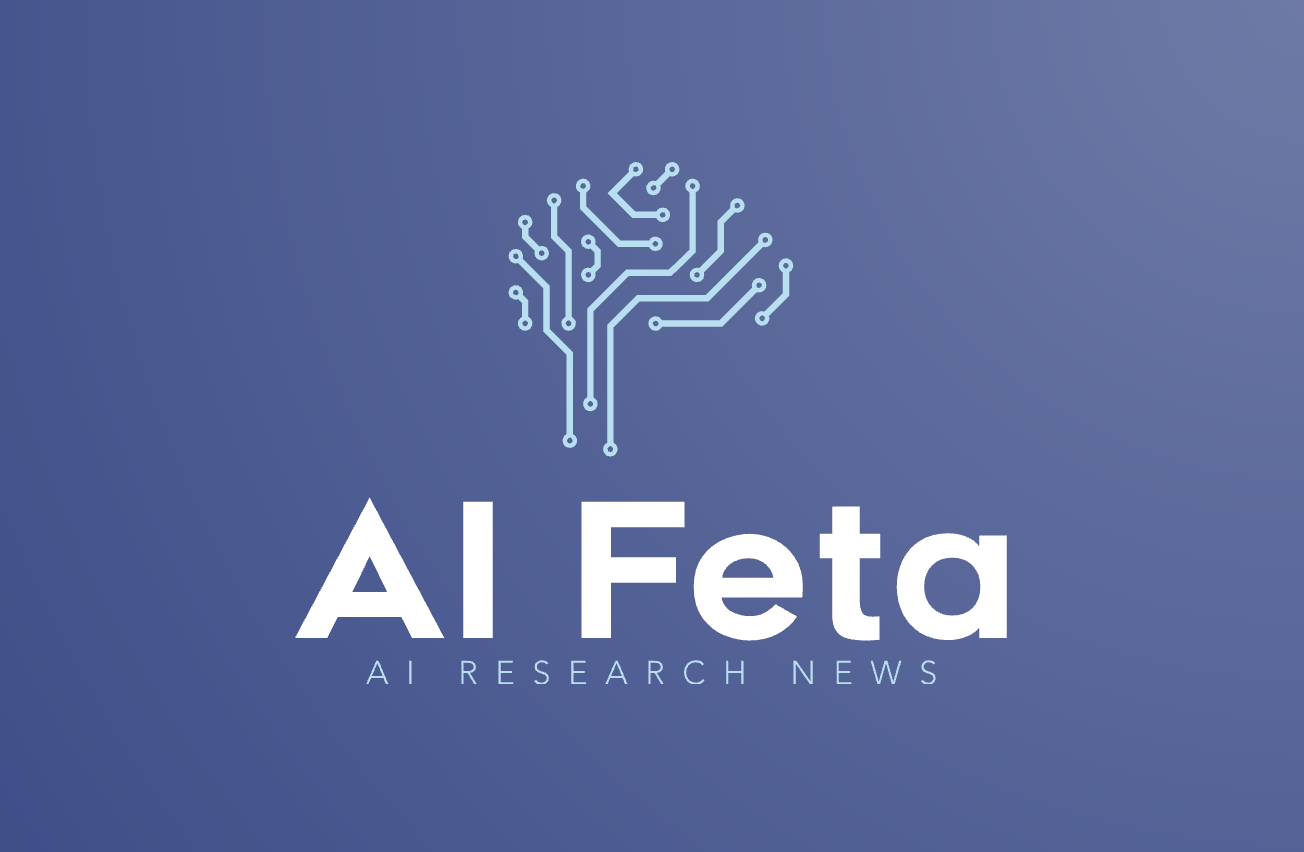Teaching AI What We Like—Faster and Smarter

Getting AI to reflect human preferences usually means showing it lots of examples—which is slow and costly. This paper proposes a smarter path: combine the scale of RLHF (used to tune large language models) with the efficiency of Bayesian preference optimization (PBO), which actively chooses the most informative questions to ask.
- What’s new: An acquisition-driven module slots into the RLHF pipeline, so the system asks better “Which do you prefer?” questions instead of random ones.
- Why it matters: Fewer labels, faster learning, and better alignment with human judgments.
- Tested on: (i) complex preference optimization tasks and (ii) fine-tuning large language models.
- Results: Consistent gains in sample efficiency and overall performance across both settings.
Think of it like training a chef: instead of making you taste every dish, they quickly learn by asking the few questions that reveal your tastes fastest.
Paper: Efficient Reinforcement Learning from Human Feedback via Bayesian Preference Inference (Cercola, Capretti, Formentin). Read more: http://arxiv.org/abs/2511.04286v1
Paper: http://arxiv.org/abs/2511.04286v1
Register: https://www.AiFeta.com
AI MachineLearning ReinforcementLearning RLHF ActiveLearning Bayesian LLM HumanFeedback Research SampleEfficiency




